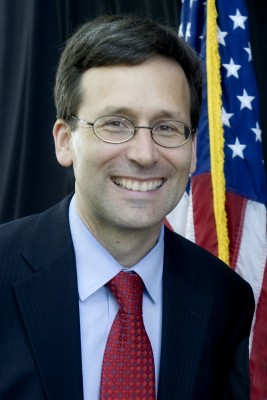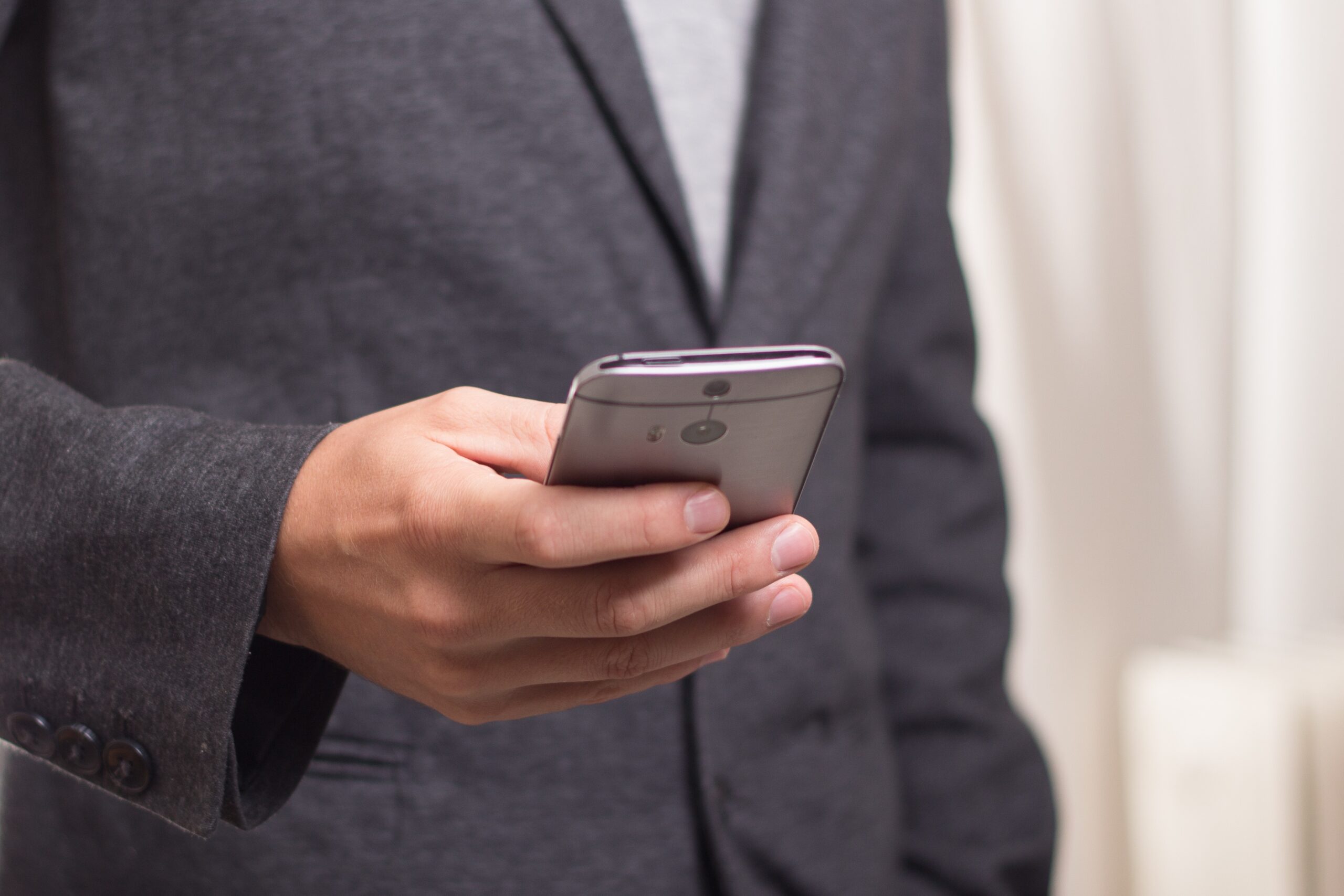The state Attorney General’s office wants citizen help in tracking down incessant and often illegal robocalls as well as telephone scams, and has set up two new web sites to report automated, recorded messages that will not end.

“Robocalls are more than just annoying – they can also be illegal,” said Attorney General Bob Ferguson. “Many of our cases are based on tips we receive from Washingtonians. If robocalls are harassing you, please file a complaint with my office.”
Ferguson has gone to court and joined in state AG lawsuits, the latest last October against a Corvallis-based outfit called Global Grid Telecom, which placed 54,000 allegedly deceptive recorded messages.
Curiously, the messages hawked a robocall blocking service.
A year ago, two firms that made more than 1.7 million robocalls into Washington agreed to pay $495,000 to legitimate charities as a result of a lawsuit by Ferguson and 39 other attorneys general, and the Federal Trade Commission.
The biggest win, an August, 2020, order by a King County Superior Court judge that Vancouver, Washington-based air duct cleaning companies and owners pay $10 million in civil penalties US Air Ducts & Sky Builders and DLM Services, Inc. made over 13 million robocalls within Washington from 2017 to 2019. More than five hundred in the state were called more than a hundred times.
The calls can be more than annoying.
The 1996 Bob Dole presidential campaign flooded the phone lines with a message from would-be first lady Elizabeth Dole. A customer in Snohomish County, seeking to report an emergency, was unable to get the political pitch off his line.
The AG’s complaint form asks specific questions which seek to give footprints to the origin of the call, even if the caller identity is faked.
Callers are asked to jot down the number, identify the telephone provider, and note the time and date of the phonecall.
The website to report possibly illegal robocalls be reached is here.
A second, informational website about robocalls and telemarketing scams is here.
Complaints about robocalls can also be registered with the Federal Trade Commission, which in February received no fewer than 6,075 complaints from people in Washington about unwanted telephone solicitations.
If you are at home much of the time – this writer is recovering from injuries – the volume of robocalls and telemarketing frauds is eye-opening.
The last two years have witnessed a stern recorded warning that one’s Seattle City Light (or Puget Sound Energy) bill is overdue and that service will be quickly cut off unless a lot of money is sent. A big volume of calls, placed by a person, supposedly came from the U.S. Internal Revenue Service warning of tax delinquency. (The IRS emphasizes that it never calls people to accost them.)
A much-used scam, designed to elicit credit card numbers, is to warn that somebody’s Amazon or PayPal account has been compromised. The caller probes for personal information supposedly to safeguard the customer’s interests.
The Attorney General’s office offers several tips on dealing with such calls.
The first and foremost is to offer no personal information, no Social Security numbers or credit card information or passwords of any kind.
Offers of free or low cost service should arouse suspicion, every bit as much as emails offering you the fortune of a Nigerian oil baron or the late dictator of Zaire. Of course, telephone threats to cut off utility service signal a fraud.
If your TV set or caller ID warns of a bogus call, do not answer. Or hang up immediately. I have found one persistent nuisance to be police or law enforcement charities, and a particularly persistent caller named “Lee.”
Even if calls are being placed by people registered to do commercial fundraising for legitimate entities, your money may go to an outfit notorious for dispensing only a small portion of revenue to the good causes they supposedly serve.
One more tip: Don’t call back or the scammer will flag your phone number for further calls. And remember to put your name on the federal Do Not Call list. It will shield you from some telemarketers.
Note that political calls are exempt from telemarketing restrictions, along with solicitations from charities. If you are suspicious about a charity – for instance, if the name “Trump” is attached – contact the Secretary of State’s Charities division.


Comments are closed.